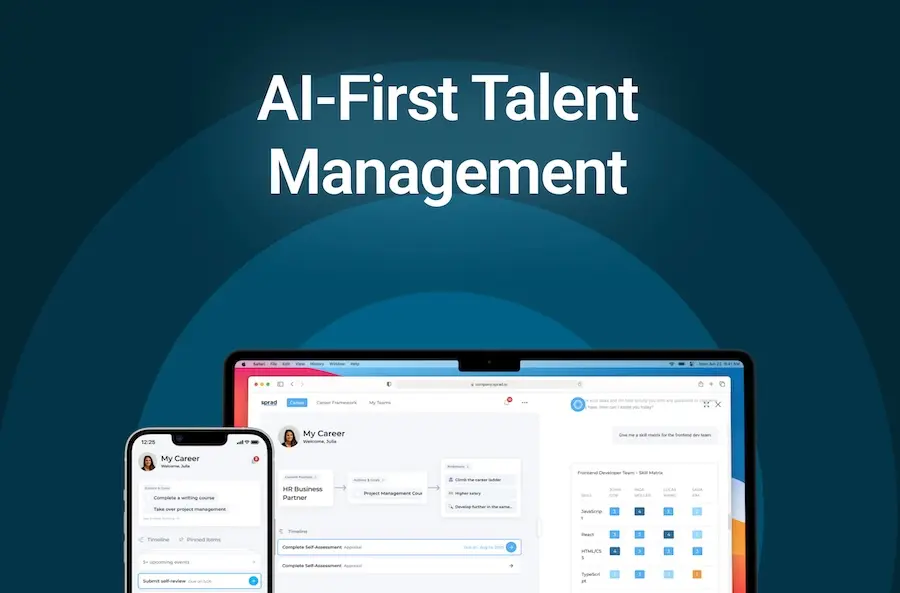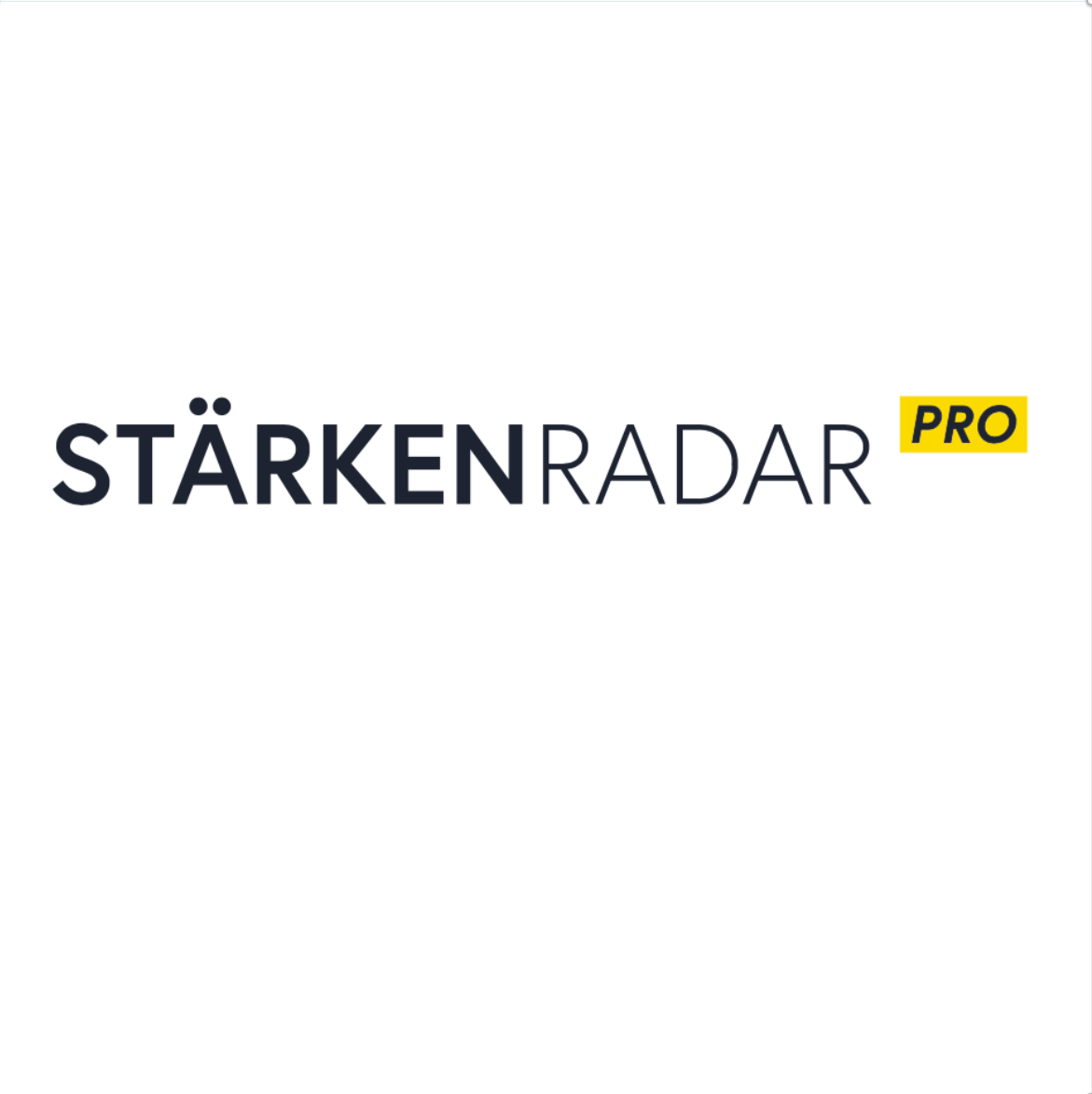
Degreed















Degreed: Learning Experience Platforms (LXP) meets actionable skill management
Degreed aligns learning content, skills and career goals in a single platform aimed at HR leaders and executives. The solution aggregates internal training, external courses and employee profiles while making learning activities measurable. This creates transparency around existing competencies and development needs.
Problems solved by Degreed
Scattered learning resources and unclear learning paths slow down upskilling. Degreed consolidates sources, builds personalized learning pathways and records progress. HR teams can design targeted development plans, spot skill gaps sooner and base succession decisions on data. Example: Sales teams receive curated product learning paths, and leadership sees consolidated skill reports for talent reviews.
Key benefits and common drawbacks
Benefits: Degreed encourages self-directed learning through tailored recommendations, simplifies compliance with centralized evidence and streamlines skill tracking with built-in analytics. The platform scales with organization size and supports blended learning models.
Drawbacks: Implementation requires effort and ongoing data maintenance. Initial setup and training take resources to ensure recommendations become precise. Some teams note a learning curve when adopting the interface.
Why Degreed matters for HR
Degreed pairs the capabilities of Learning Experience Platforms (LXP) with practical tools for competency management, learning pathways and reporting. It reduces administrative overhead and delivers actionable insights for talent development. Organizations aiming to scale learning in a structured way find in Degreed a pragmatic foundation without unnecessary complexity.
HR Software Provider is listed in the following categories:
More information













